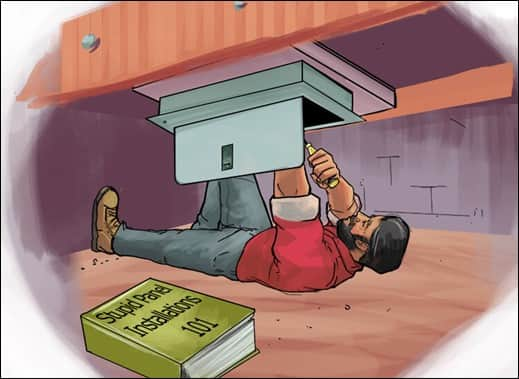
Feb 20, 2023
The 2023 National Electrical Code is here! This article covers more changes to help soften the blow of transitioning into the 2023 code cycle.
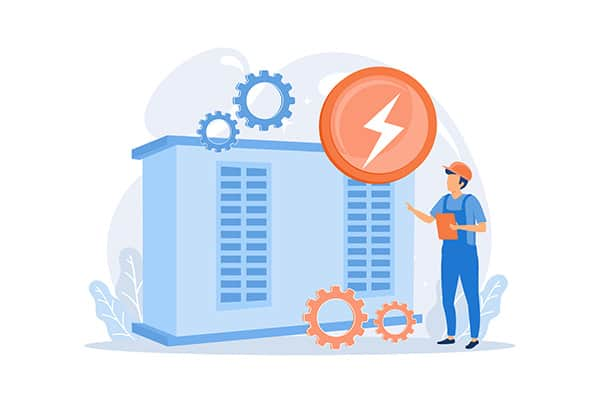
Jan 25, 2023
The 2023 National Electrical Code (NEC) is here! This article covers NEC history, the update process, and a chapter breakdown! Stay tuned in the months ahead for more updates.

Oct 25, 2022
The 2023 National Electrical Code (NEC) is here! This article covers NEC history, the update process, and a chapter breakdown! Stay tuned in the months ahead for more updates.
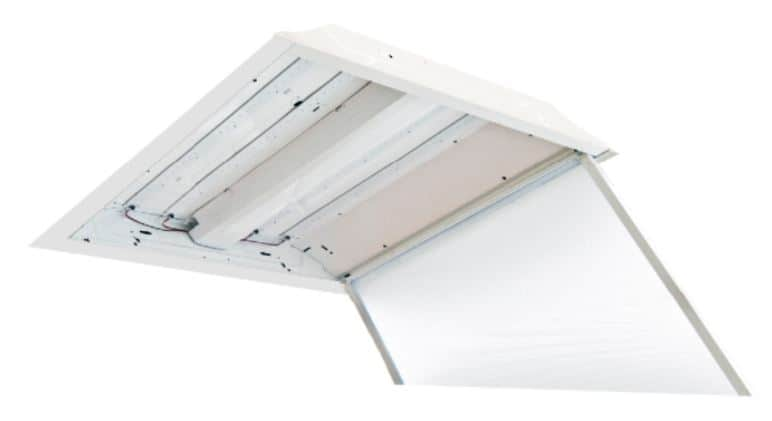
Jun 02, 2021
Provisions and requirements for the reconditioning of equipment have been added to multiple sections of the 2020 NEC. Panelboards, switchboards, and circuit breakers, to name a few, can be reconditioned according to specific Code requirements. Read more about the definition for reconditioned has also been added to Article 100 from our blog!
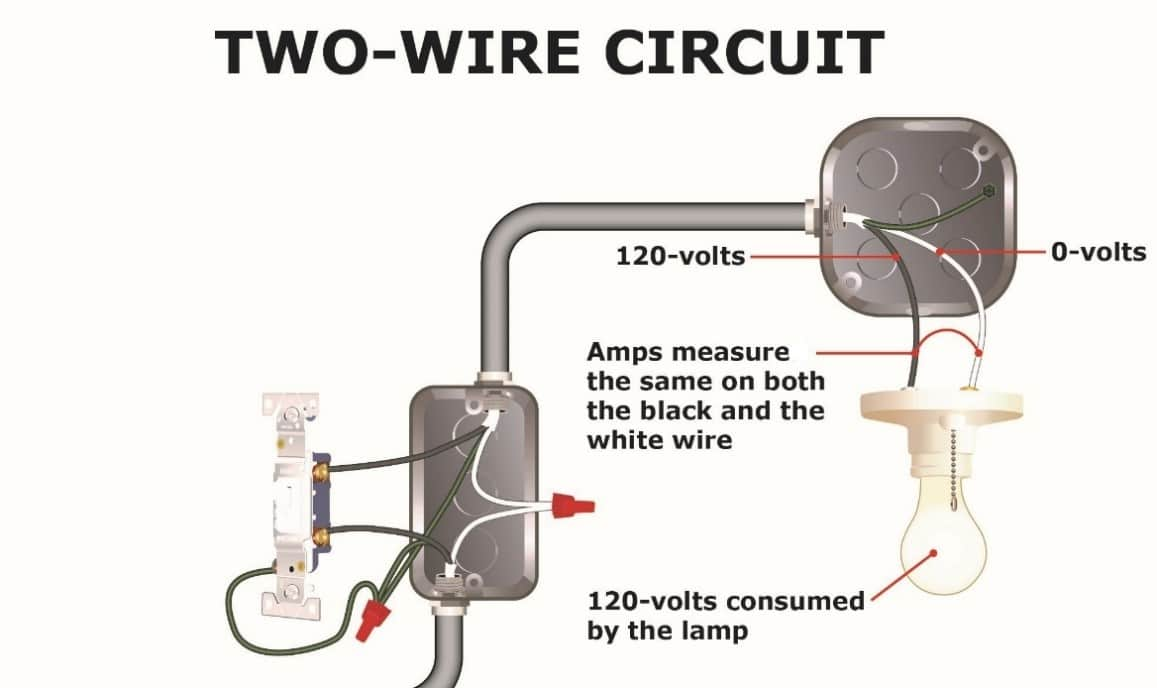
Aug 05, 2020
If you ask a seasoned electrician how many No. 12 AWG conductors will fit into a 3/4" EMT conduit system, you may get a response such as “one more!” While this is amusing (and typically true), there are precautions that must be taken according to the NEC whenever conductors are bundled together in a raceway, cable, or even in a ditch in the earth.
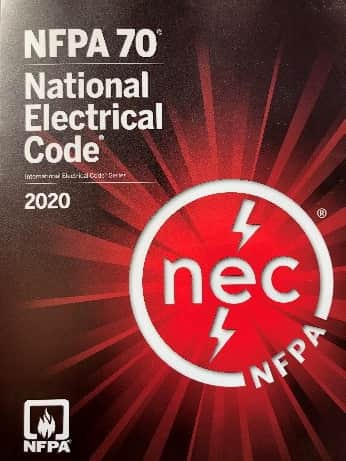
Oct 30, 2019
There will be four new article additions to the 2020 NEC: 1. Article 242 Overvoltage Protection 2. Article 311 Medium Voltage Conductors and Cable 3. Article 337 Type P Cable 4. Article 800 General Requirements for Communications Systems
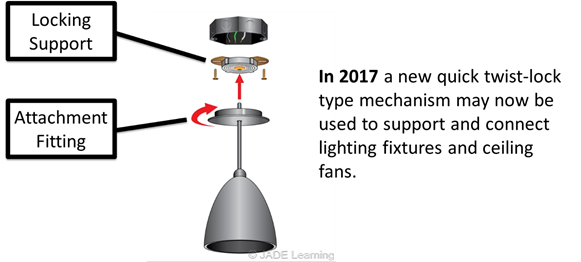
Oct 30, 2019
The demand for quick, easily changeable lighting fixtures has led to the development of products consisting of an electrical receptacle with a locking device capable of supporting the luminaire weight. That receptacle also makes and breaks the electrical contacts responsible for feeding the luminaire. The load-bearing portion of this new component, called the mounting support, is installed in the ceiling box and includes the energized receptacle contacts that will feed the lighting fixture or ceiling fan. An attachment fitting that connects to the mounting support and the energized contacts built into that support is incorporated into the design of the lighting fixture or fan. The fixture or fan attaches to the mounting support with a twist lock motion. These new attachment fittings can save valuable time when installing lighting outlets.
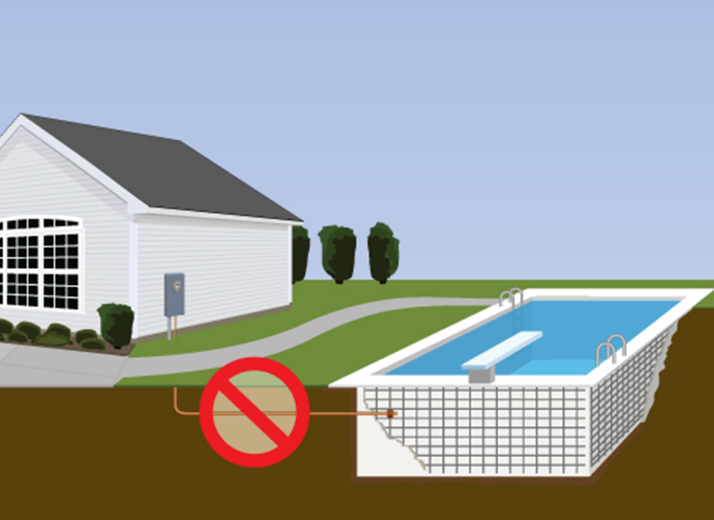
Sep 26, 2019
Prior to 2017, only two items were prohibited for use as grounding electrodes, underground gas piping and aluminum. For 2017, another item has been added to the list of prohibited items. For the 2017 code cycle, the structures as well as steel reinforcement materials that pertain to swimming pools have been added to the list found in 250.52(B)(3) of components that are prohibited from being used as grounding electrodes for an electrical system.
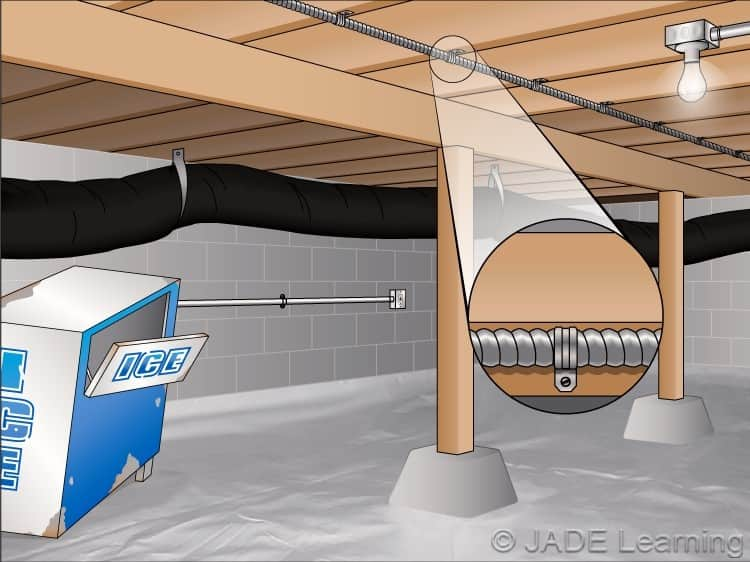
Aug 07, 2019
New for the 2017 code cycle is section 330.15, entitled “Metal-Clad Cable: Type MC Exposed Work.” This new Code section requires an exposed run of MC Cable to closely follow the surface to which it is mounted while enjoying a new permission that allows the MC cable to be installed on the underside of floor joists.
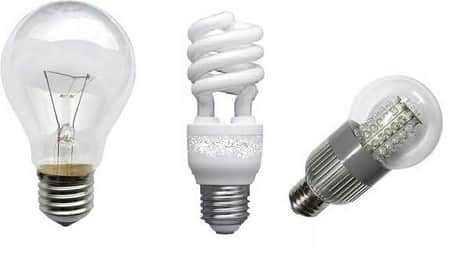
Apr 03, 2019
Have you ever wondered why light bulbs, which are referred to as LAMPS in the National Electrical Code are classified the way they are? With entire aisles in home improvement stores devoted to this humble product, the seemingly endless options can feel overwhelming. What exactly do labels such as A19, G25, and T12 mean? The system for identifying bulbs is actually simple, straightforward and consistent. Once you learn a few basics, you’ll be able to see bulbs in a whole new light!
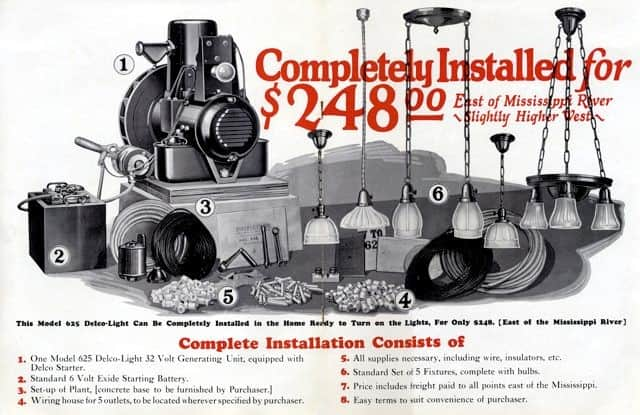
Nov 06, 2018
The times are changing and LVDC is here to stay. Learn some important information about LVDC- Low Voltage Direct Current.
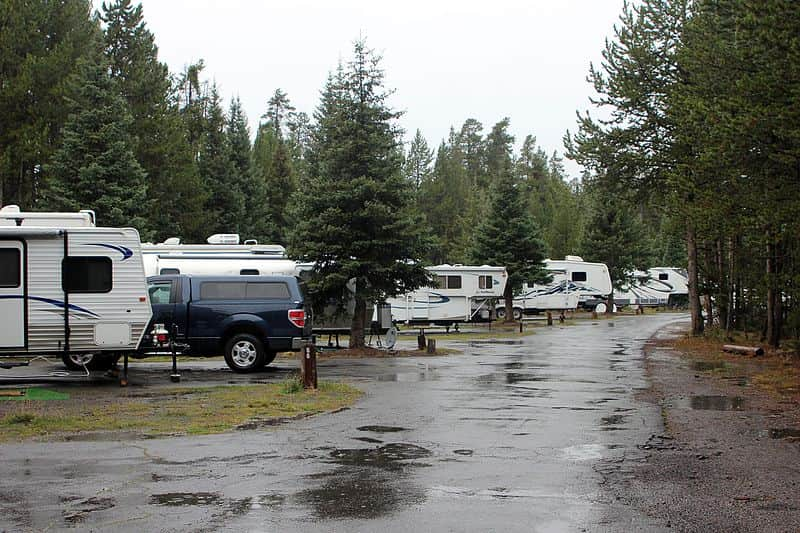
Oct 05, 2018
The Electrical Service supplying an entire RV park must be sized to accommodate the electrical demands of multiple modern recreational vehicles drawing power simultaneously from the individual park sites.
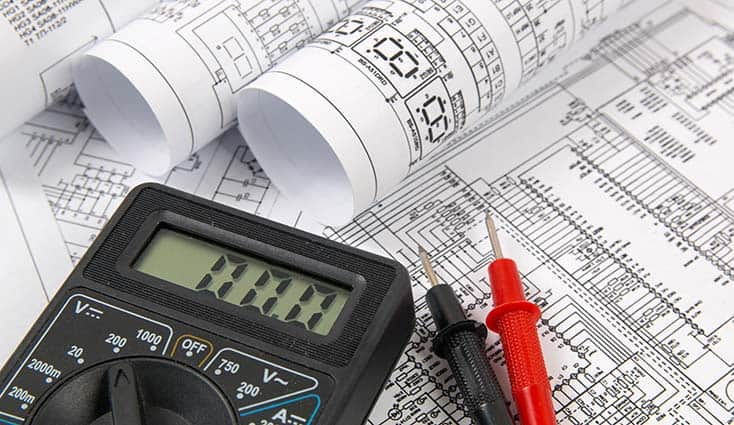
Jul 02, 2018
This is the third part of a series designed to help explain how to properly calculate motor circuits.
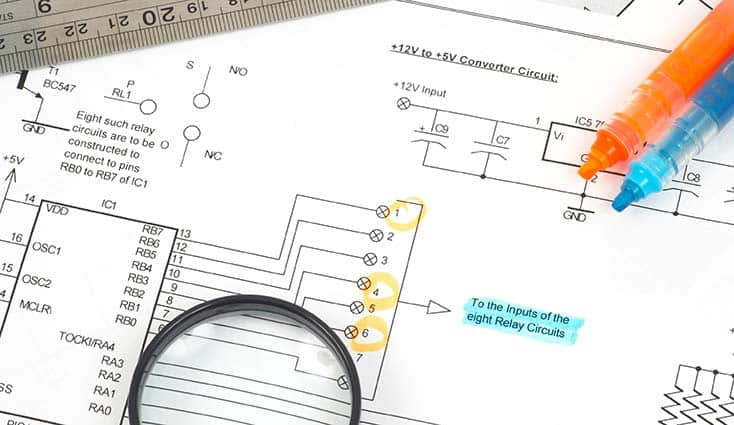
Feb 12, 2018
I have been an electrical instructor for a local community college for more than 15 years. I encourage every student to become familiar with the language we use in the electrical trade because let’s face it… we have our own language. Some of it is trade slang passed...
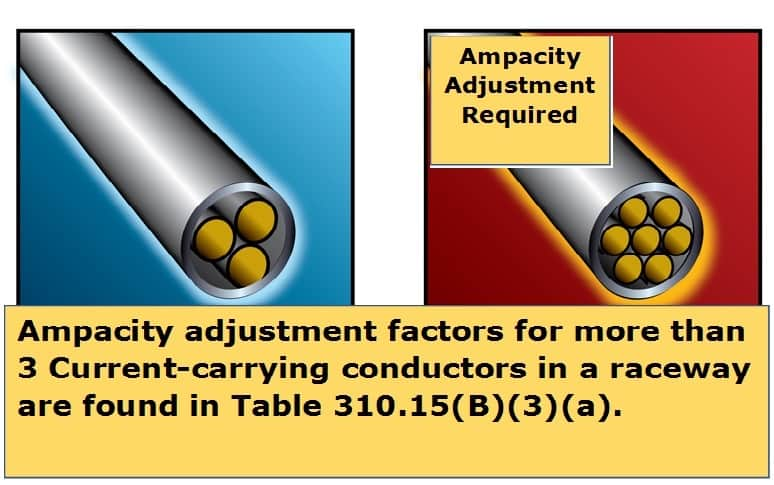
Jan 24, 2017
The conditions of use must be considered when determining the minimum size of a feeder conductor. A continuous load, such as the lighting load in a store building, generates heat in the feeder conductor that must be compensated for. Ambient temperatures above 86oF or more than...

Jun 21, 2016
The requirements for securing and supporting are similar in intent, but there are differences. Securing is done by installing a mechanical means of attachment to the cable and attaching it to a stationary structural member so the cable does not move. This will prevent the cable or conduit from becoming loose and pulling away from a box or fitting. Support requires a mechanical means to prevent the cable from sagging or drooping which may cause damage to the cable and create a hazard. A cable may remain loose while its support is maintained.
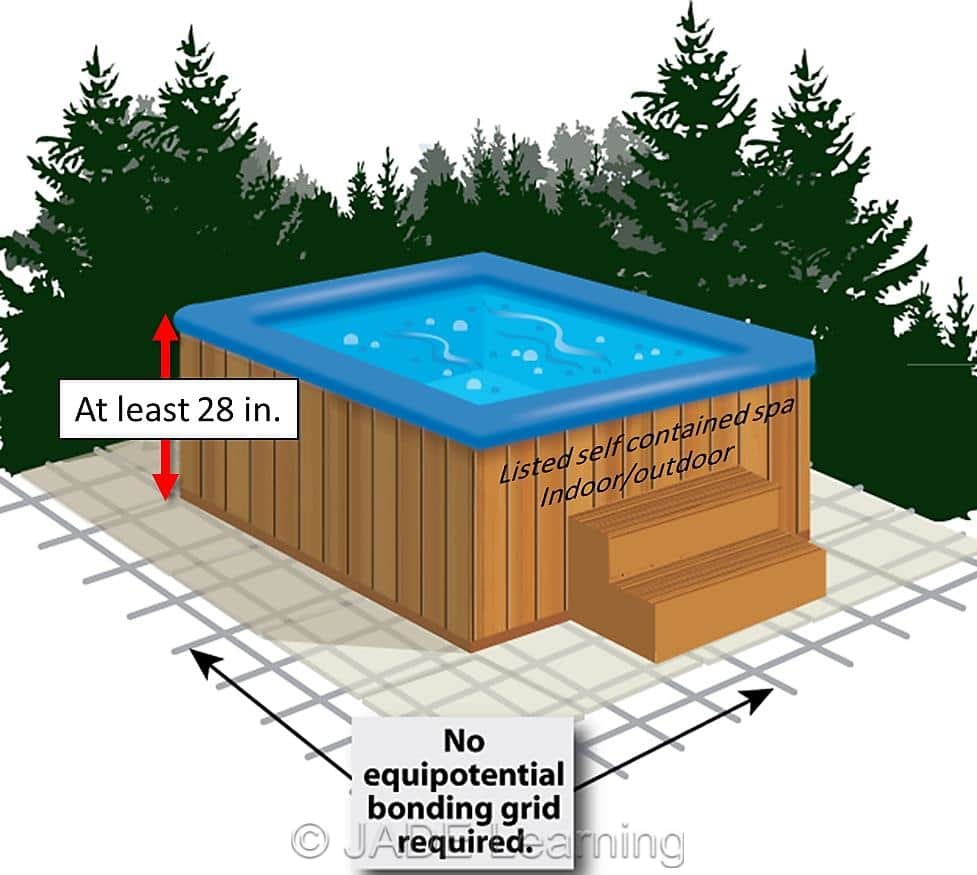
Aug 26, 2015
Here is a list of the most common electrical mistakes made when installing a hot tub outdoors

Oct 21, 2014
Here are the top 5 most common problems that arise and how they relate to the NEC:

Jul 15, 2014
In the Summer Newsletter article, we discussed marking our service equipment with the maximum Available Fault Current (AFC) as well as the date the fault current calculation was performed to comply with NEC 110.24(A). We selected circuit breakers with an AIC rating equal to or greater than the AFC. So...

Jun 12, 2013
Today John Hauck and David Burtt discuss the identification of equipment grounding conductors according to the 2011 National Electrical Code. This is part 3 of a 3 part series on identifying conductors. How are equipment grounding conductors identified?250.119. Equipment grounding conductors can be bare, covered or insulated. If insulated...

May 16, 2013
Today John Hauck and David Burtt discuss the identification of ungrounded conductors according to the 2011 National Electrical Code. This is part 1 of a 3 part series on identifying conductors. Does the National Electrical Code have a required color code? No. The National Electrical Code does not have a...

Apr 04, 2013
Corrugated stainless steel tubing (CSST), is used to convey flammable gas inside or outside of a building. It is not mentioned in the 2011 NEC by name, but Informational Note No. 2 to 250.104(B) cites NFPA 54, the National Fuel Gas Code, as a source for additional information for gas...

Mar 08, 2013
A common application of multiwire branch circuits as described in section 210.4 is for a 120/240-volt, single-phase system where three wires do the work of four, the two ungrounded conductors sharing a single neutral. In a 20 amp multiwire branch circuit if the two ungrounded conductors each carry 15 amps, some people think the neutral carries 30 amps, or the combined total of the current on each ungrounded conductor.

Jan 03, 2013
Marking the maximum available current and the calculation date on the service equipment makes it much easier to confirm the interrupting rating of the equipment.